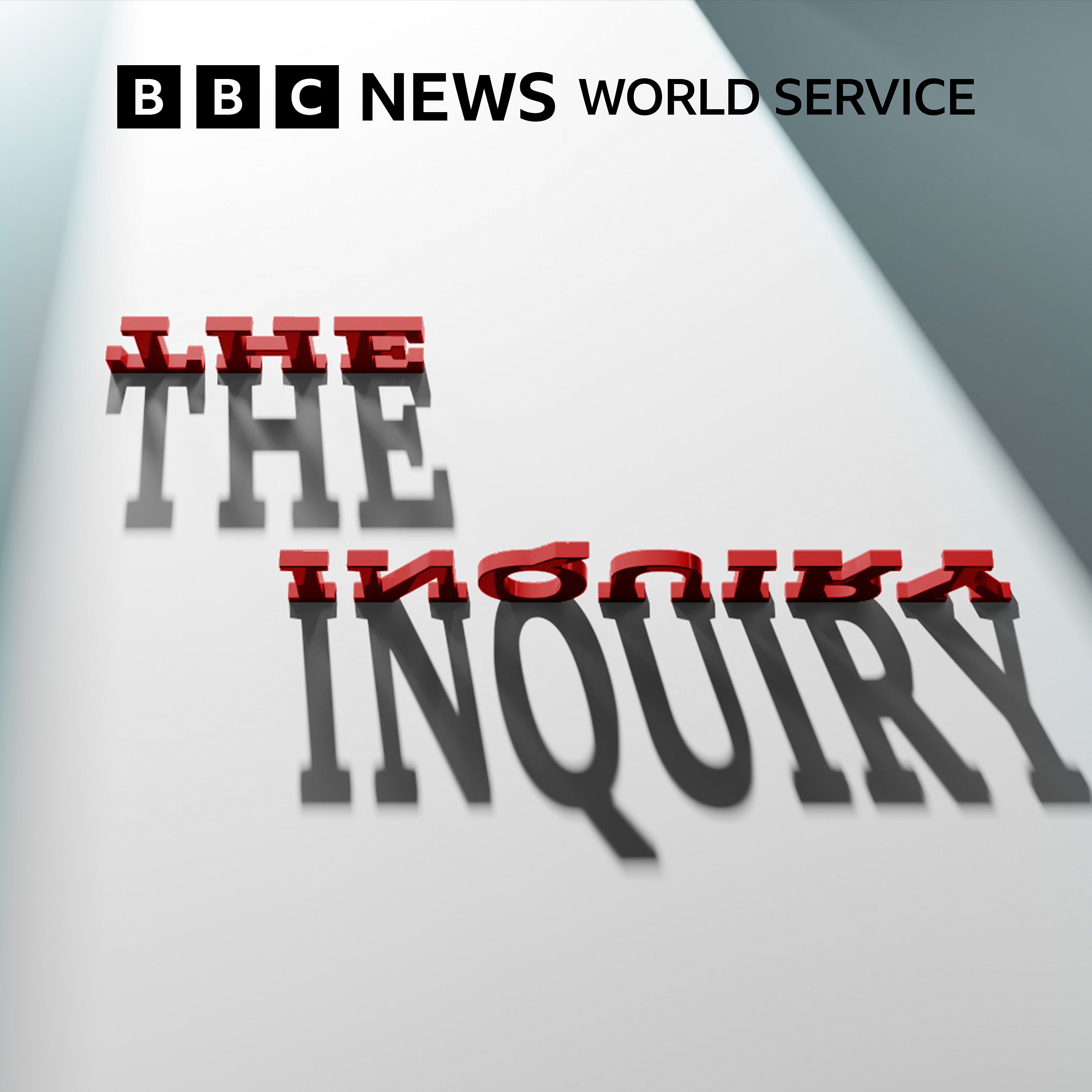Is the UN Security Council still relevant? - The Inquiry
Description
In the aftermath of World War Two, the charter that founded the United Nations was signed, with the aim of preventing a third global conflict. The UN Security Council, one of six organs of the UN, has the primary responsibility for the maintenance of international peace and security. It’s made up of 15 member countries, there are 10 rotating non-permanent members who are elected for two-year terms by members of the UN General Assembly, the body that represents all UN members. And there are five permanent members – the US, the UK, France, China and Russia; it’s these five that have veto power.
Now 80 years on, there are growing calls for the council to reflect the world of today, not only in its representation, but in the way it functions. Criticisms of this international body include abuse of the veto power, lack of permanent representation for countries which have seen more than their fair share of conflict and an inability to reach common consensus, including on how to reform the organisation from within.
So, on The Inquiry this week we’re asking, ‘Is the UN Security Council still relevant?’
Contributors:
Devika Hovell, Prof International Law, London School of Economics, UK
Richard Gowan, Director, UN and Multilateral Diplomacy, International Crisis Group, New York, USA
Dr Samir Puri, Director, Global Governance and Security Centre, Chatham House, London, UK
Mona Ali Khalil, former Senior Legal Officer, UN Office of the Legal Counsel, Co-Editor and Co-Author, ‘Empowering the UN Security Council: Reforms to Address Modern Threats’, Vienna, Austria.
Presenter: Charmaine Cozier
Producer: Jill Collins
Researcher: Maeve Schaffer
Technical Producer: Craig Boardman
Editor: Tom Bigwood
(Photo: United Nations Security Council meeting. Credit: Reuters/BBC Images)


















